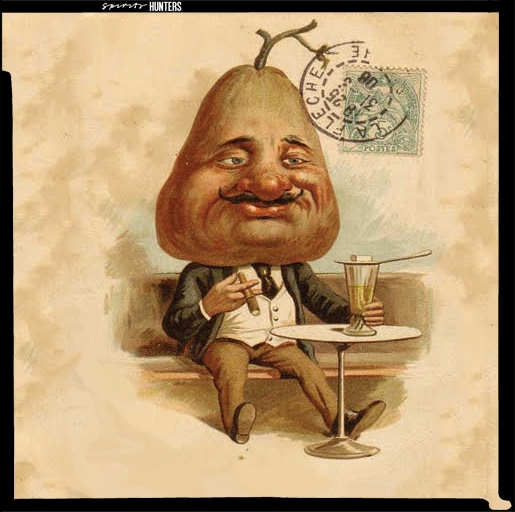The digestive is an alcohol, served after a meal, which facilitates digestion. But alcohol does not help digestion at all. This possible feeling of well-being after drinking a digestive is due to the fact that alcohol distends the stomach walls, which leaves us with the impression that we are less full.
In the Middle Ages, monks and alchemists cultivated plants with medicinal properties. They discovered that they could be stored longer by macerating them in alcohol. They have multiplied their experiences with different plants and spices and developed potions to heal, tone, rejuvenate, called elixirs. These are the precursors of the liqueurs we know today.
Digestives are much stronger in alcohol and can also be sweet, bitter, spicy. Among the strong alcohols, cognac, armagnac or calvados are classic digestives, just like whisky or old rum. Personally, I have a preference for white fruit brandies: kirsch, raspberry, plum or pear, for example. Just like eaux-de-vie made with the skins of grapes, grappa and marc for example, especially when they are made from aromatic grape varieties. Bitter liqueurs are certainly the closest thing to a real digestive. Some are sweeter and easier to approach, even if the bitterness is still present. To get started, the Amari Averna or Montenegro are great options. Others are very bitter, like Fernet-Branca.
Don’t drink and drive. Enjoy responsibly.

